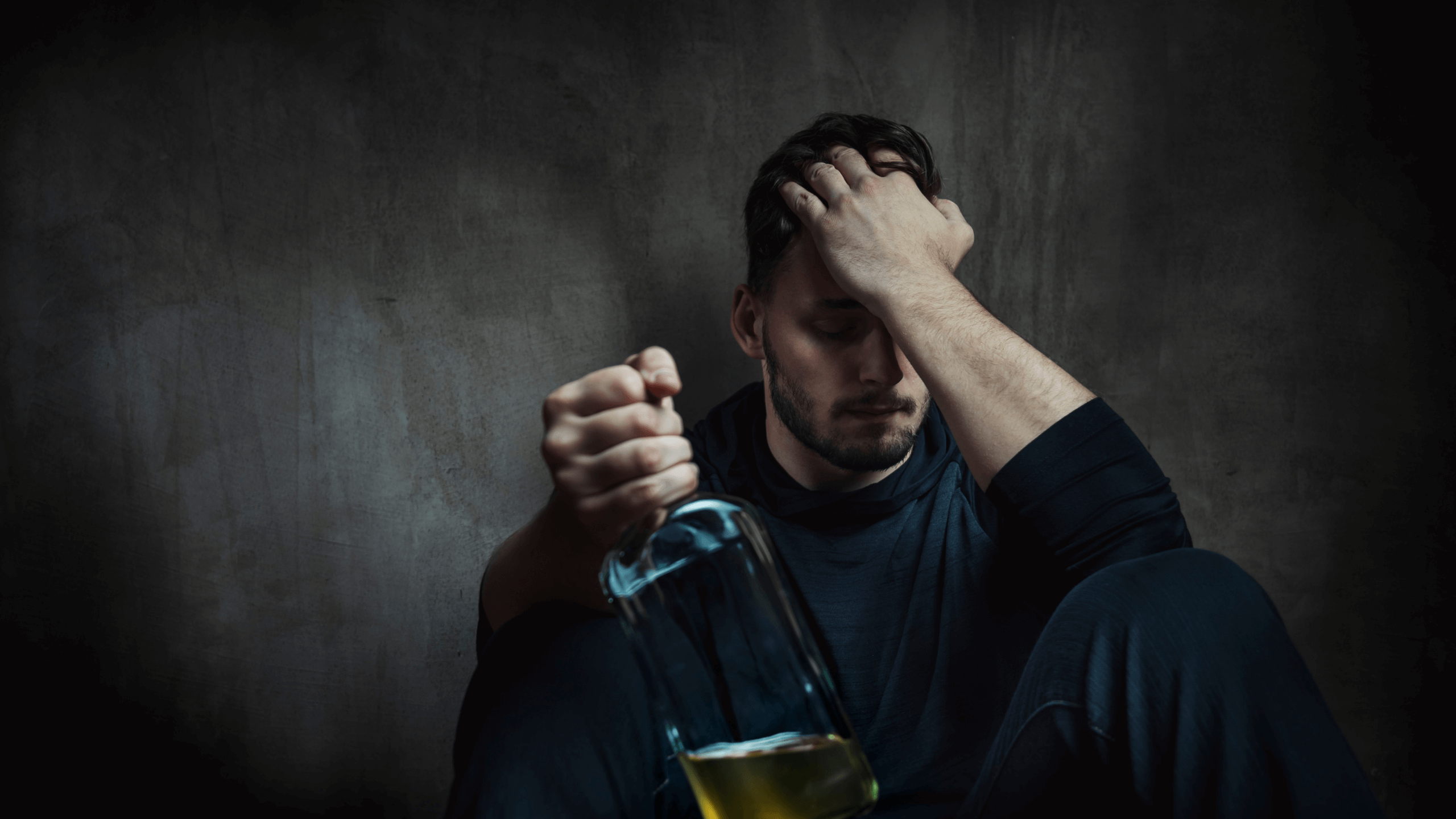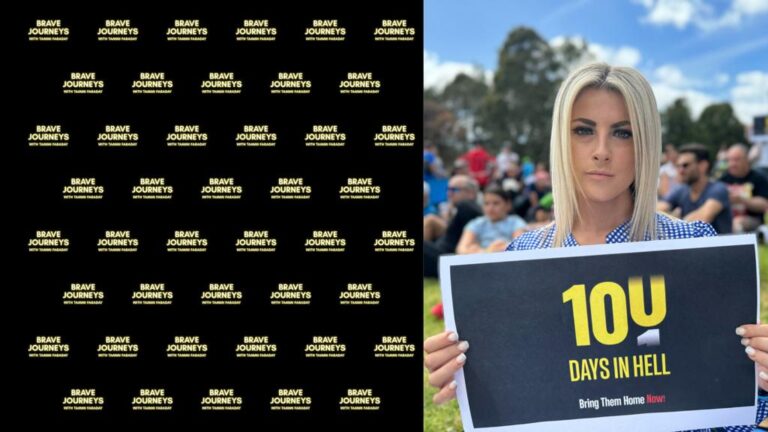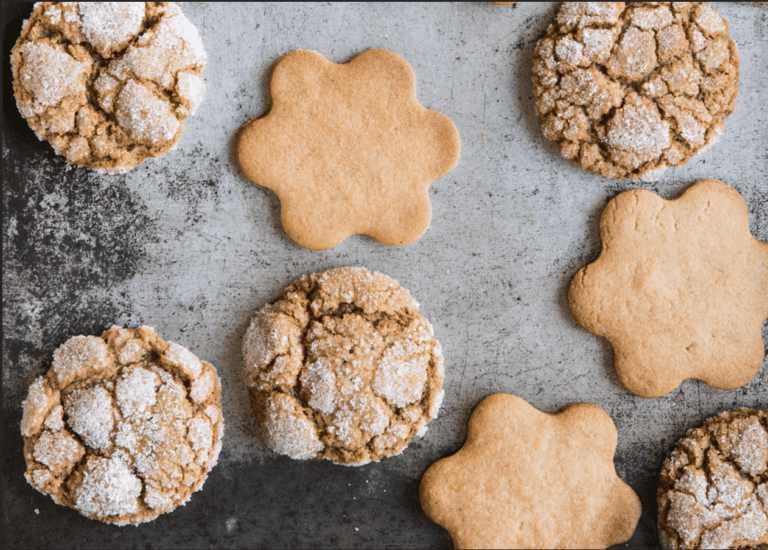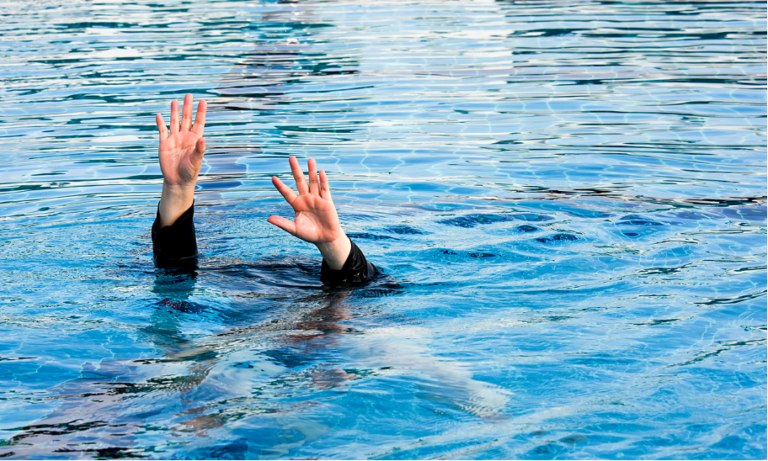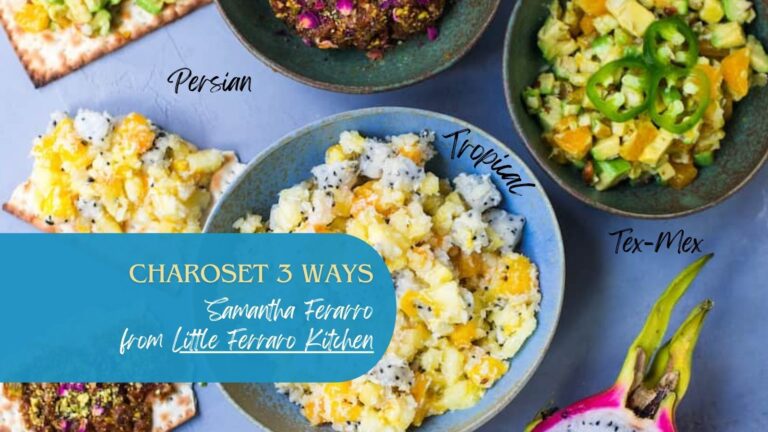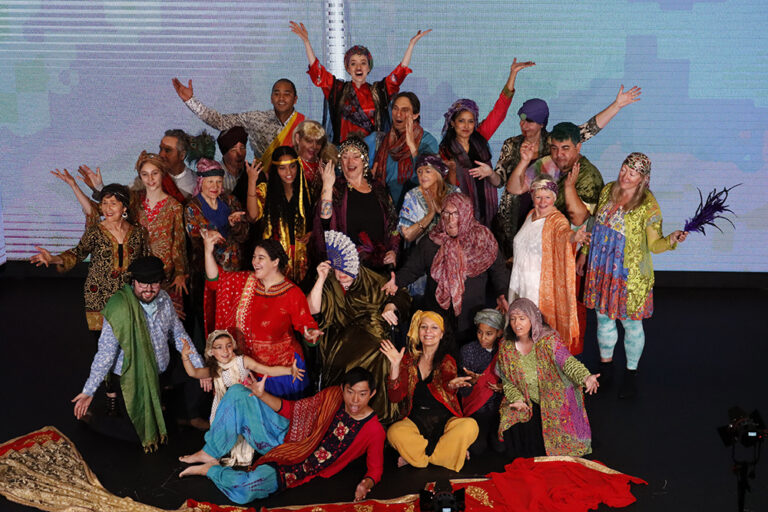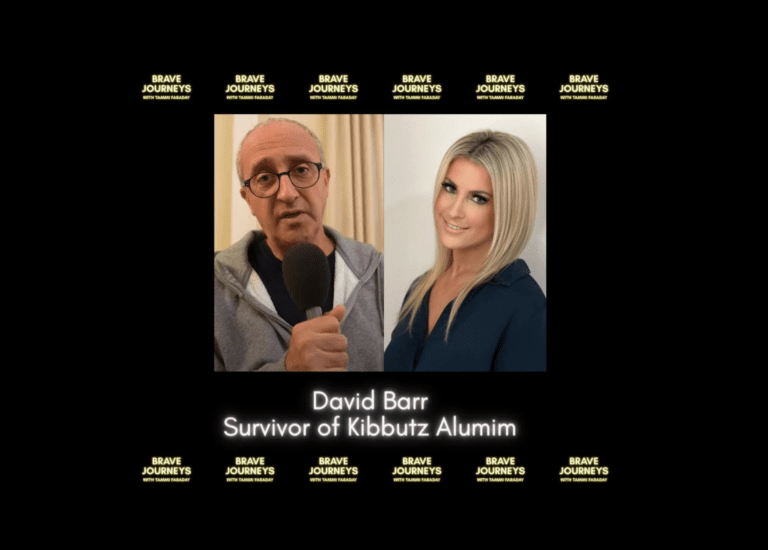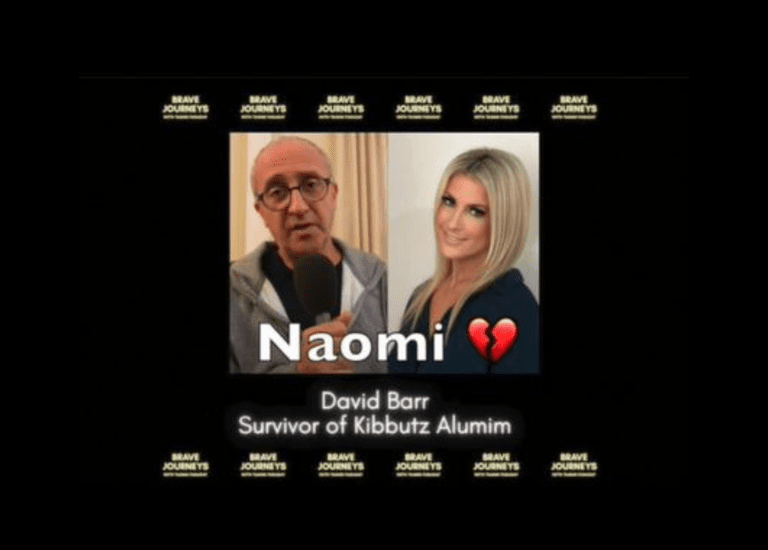Question:
Dear Velly,
You are well acquainted with my recovery from alcohol addiction and how this journey brought me back to my Jewish heritage.
I always saw Purim as a Jewish version of Halloween. My recent Jewish learning, however, has now given me much more understanding and appreciation of this Jewish holiday, its historical significance and meaning for us as Jews today.
As a recovering alcoholic I cannot comprehend how Jews are encouraged to consume alcohol on Purim to the point where one “cannot differentiate between cursed is Haman and blessed is Mordechai”[1] How can there be an endorsement of such extreme levels of intoxication? And how can I, a recovering alcoholic, fulfil this obligation?
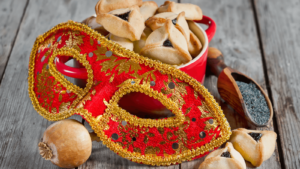
Answer:
Dear ______,
As this issue affects your recovery, I first must say that many halachic authorities maintain that these words from the Talmud are not to be taken literally. Rather we should say l’chaim and rejoice in G-d’s salvation and this mitzvah will only apply if one’s behaviour remains at the high standard expected by the Torah.
There is a connection between Purim and saying l’chaim. The Jews of Shushan were deeply integrated into Persian society. Yet when Achashverosh’s decree of annihilation hung over their heads, something unparalleled in Jewish history happened. None of the Jews of Shushan reneged on their Jewish identity to escape their death. It would have made sense for the Jews to prove to Haman that they were ‘good Persians’ just like him. Instead every Jew on his or her own volition put complete trust in G-d and turned to prayer and repentance.
After 70 years in exile, when the Jews had felt abandoned by G-d, this was an astonishing, illogical act of self-sacrifice.
Today, Purim is about rekindling our relationship with G-d that is more powerful than any threat, even one of annihilation.
However sometimes we feel uninspired and this connection with the Almighty is not tangible. So we make a l’chaim. Not to escape or avoid responsibility, but to strip away some of our inhibitions, coarseness and self-consciousness, in order to feel deeper involvement with our soul and its relationship with G-d.
So what about your situation where alcohol is poisonous? Our sages would never encourage life threatening activity and therefore you are completely exempt from this mitzvah on Purim and by not drinking you will perform the greatest possible mitzvah.
But you and I know that in fact you celebrate Purim every day. Some people can only let G-d in when they are under the influence of substances. But every second of your life, you let G-d in by being free
from substances and their effects. That ‘Purim – Jew – G-d – relationship’ is your everyday reality. Your recovery is fuelled by faith and trust. Every day you vividly see G-d’s hand directing your life and it is this very recognition that keeps you alive.
And always remember you have four other mitzvot to delight in on that day. To hear the Megillah, to give gifts to two poor people and a food package to a friend and to enjoy a Purim feast. [2]
[1] Talmud Tractate Megillah 7B
[2] “Better that a person should increase his gifts to the poor on Purim than to expand his Purim feast and gifts of food to his friends. For there is no greater and more beautiful celebration than to make happy the poor, the orphan, the widow and the immigrant. One who rejoices the hearts of these sorrowful people is similar to the Divine Presence, as the prophet says (Isaiah 57:15), ‘To revive the spirit of the downtrodden and to revive the heart of the oppressed’.” Maimonides, Laws of Purim (2:17)
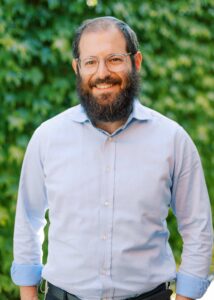
Rabbi Velly Slavin is the Director of the Chabad Malvern Meaningful Living Centre and Chabad Malvern’s Giving Kitchen. He volunteers his time as a Hatzolah Emergency Medical First Responder and as a Chaplain for the VCCEM, the Department of Human Services’ emergency response chaplaincy team.
Velly is also the co-founder and director of Jews in Recovery, a Melbourne based Jewish Recovery Community, where recovering addicts meet for spiritual growth, friendship, support and guidance.
